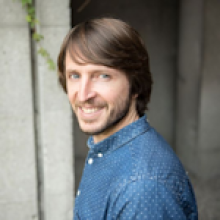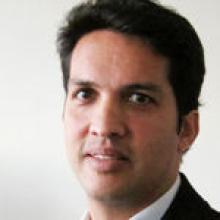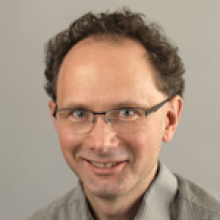Brazil is home to the largest intact tropical rain-forest on Earth, the Amazon (Amazônia), located in the Amazon Biome. It measures around 3.1 million square kilometers, almost half the size of Brazil. The Amazon is home to over 3 million species and 2,500 tree types, making it one of the most biodiverse ecosystems on the planet. It plays a vital role in regulating the Earth’s climate by capturing and storing greenhouse gases from the atmosphere through a process called carbon sequestration (de Andrade Tosta & Coutinho 2015).
However, human impact on the Amazon has resulted in the loss of approximately 17% of the forest over the past 40 to 50 years, with 14% of that loss being caused by conversion to pasture (89%) and cropland (10%) for the agricultural sector (Gatti et al. 2021). Deforestation not only reduces the carbon sequestration capacity of the forest but also leads to soil erosion and disrupts the livelihoods of indigenous communities and local populations who depend on the forest for survival.
Deforestation is not a problem unique to Brazil, as sub-Saharan Africa and Indonesia are also experiencing high rates of tropical forest loss. Globally, deforestation accounts for almost one-fifth of annual emissions of greenhouse gases (Burgess et al. 2012) and contributes more to greenhouse gas emissions than the entire transportation sector.
Despite the importance of forests for biodiversity, watershed protection, prevention of soil erosion, and climate change mitigation, they compete directly with one of the primary factors of agricultural production: land. In addition, the forest stock has its own economic value, and profit-seeking logging activities are an important driver of deforestation. Although international organizations, scientific communities, and the international media exert strong pressure to preserve the forest in the Amazon, the commitment of national and local governments, as well as the support of the local population, is critical to back conservation initiatives and preserve the forest.
The main goals of this project are the following:
-
Understand whether or not the local population in the Amazon punishes mayors in municipalities in which there are more or less forest loss. For that, we will use detailed satellite data on deforestation, as well as data on voting share by polling stations in local elections (mayors’ election) in Brazil.
-
We will collect primary data on preferences and beliefs regarding deforestation of the Amazon by conducting a survey of a representative sample in Brazil.
-
We embed an information treatment to understand whether provision of relevant information can influence preferences related to the conservation of the local forest and its impact on political preferences.




